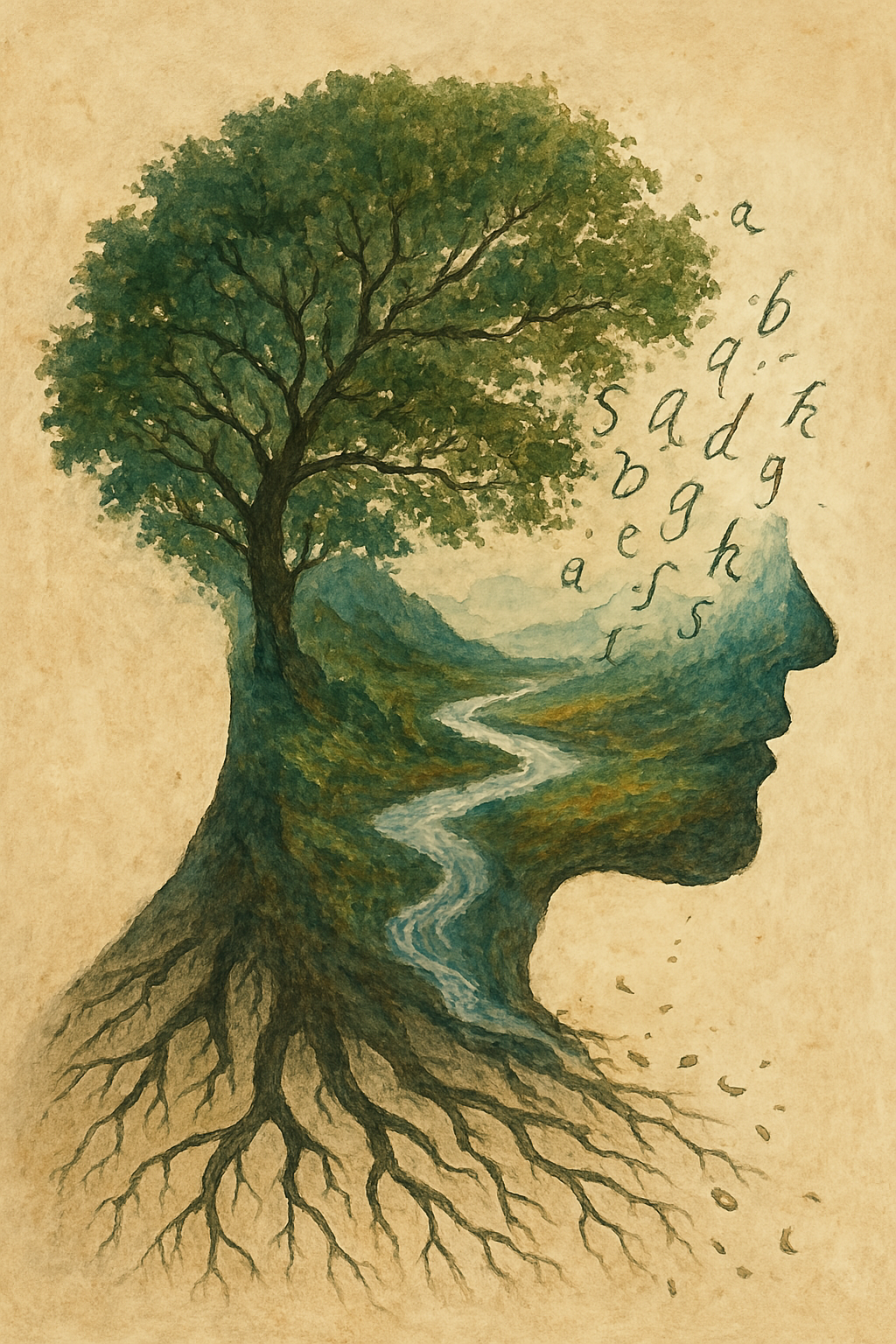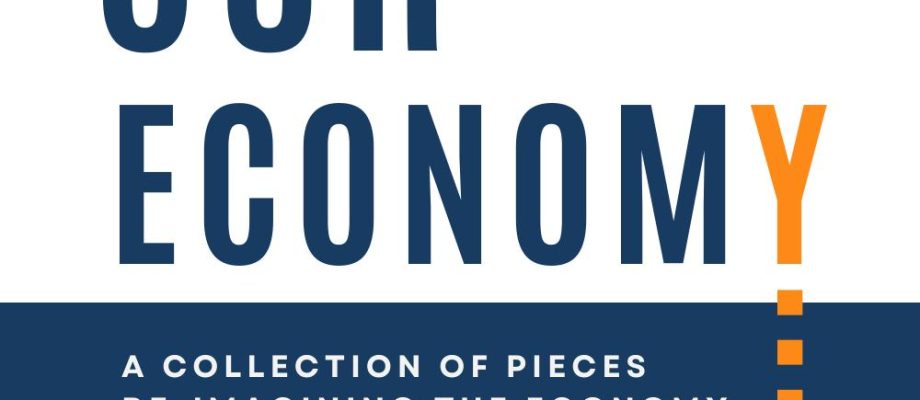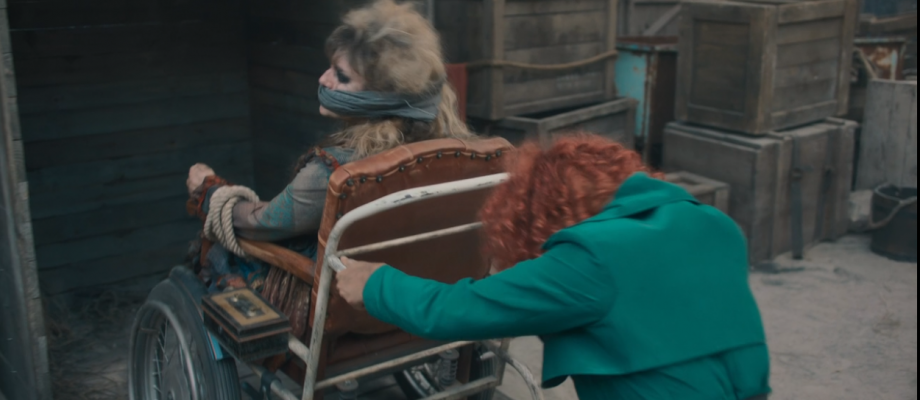Language is not merely a tool for communication—it is a vessel of perception, a living echo of the worlds we inhabit. It grows from the soil underfoot, bends with the wind in the trees, and takes on the rhythm of the rivers it names. Cultures rooted in forests, mountains, deserts, or seas shape their tongues around the patterns of the land. The Tzeltal people of the Chiapas highlands speak in absolutes—uphill, downhill—embedding the contours of the terrain into every sentence. It is not direction they speak, but orientation within the body of the Earth. The Yámana of Tierra del Fuego once had dozens of terms for shifting water, for the moods of the ocean and the texture of waves—an entire lexicon shaped by salt, cold, and tides. In these languages, the environment doesn’t sit outside the mind—it inhabits it.
These linguistic structures are not quaint curiosities; they are perceptual engines. Benjamin Whorf, a linguistic theorist, proposed what is now known as the principle of linguistic relativity—the notion that the structure of a language shapes the habitual thought of its speakers. Language, he suggested, does not merely describe reality; it filters, limits, and colours the very perception of it. What is not named, is not seen. What is not seen, may as well not exist.
And in cities—where sky becomes ceiling, and soil is something buried beneath concrete—language shrinks. Not just in vocabulary, but in vision. Urban tongues, shaped by glass, concrete, and flickering screens, often lose their anchoring in the natural world. Why would one need twenty words for snow when snow never falls? Why speak of birdsong when traffic drown it out? The Sámi people have over 180 words for snow and reindeer conditions. In contrast, many urban dwellers may go their whole lives without a single word for the direction of the wind.
This narrowing is more than linguistic; it is existential. As words disappear, so too do ways of seeing, and ways of feeling. The collapse of ecological vocabulary signals a collapse of relationship. The human mind, once calibrated to track seasons, tides, and stars, now struggles to track its own attention. Research published in Nature (Lederbogen et al., 2011) revealed that individuals raised in urban environments exhibit increased activity in the amygdala and anterior cingulate cortex—regions associated with stress regulation and emotional processing. The rhythm of nature has been replaced with the pulse of machines.
And the screen – the glowing oracle, the attention thief, the light that never rests. Screen-bound life fragments thought into pixels and soundbites. A 2019 study by Twenge and Campbell in The Journal of Abnormal Psychology found that higher screen time among adolescents correlated with increased symptoms of attention difficulties and depressive episodes. Another report by the OECD (2020) noted a measurable decline in working memory and cognitive flexibility among children exposed to prolonged digital media use. This is no small shift; it is a rewiring of perception.
Even literature—the sanctuary of complex thought—has thinned. Linguistic analysis across the last century shows a marked decline in sentence length and syntactic complexity, mirroring the cultural shift toward brevity, immediacy, and fragmentation. Where once a sentence would meander, explore, and reflect, now it often strikes quickly and moves on—efficient, perhaps, but shorn of nuance.
Consider this passage from George Eliot’s Middlemarch (1871):
“If we had a keen vision and feeling of all ordinary human life, it would be like hearing the grass grow and the squirrel’s heart beat, and we should die of that roar which lies on the other side of silence.”
Here, language lingers. The sentence unfolds like a thought breathed aloud, balancing philosophical depth with poetic cadence. It invites contemplation, rewards slowness, and assumes a reader willing to listen.
Now contrast this with a line from a widely-read 21st-century novel—Sally Rooney’s Normal People (2018):
“Marianne had the sense that her life was happening somewhere very far away, happening without her, and she didn’t know if she would ever find out where it was and become part of it.”
Rooney’s prose is spare, emotionally potent, and introspective—but its structure is stripped back, its language understated. The complexity lies in the feeling, not the form. This is not a flaw, but a reflection of the time: thought compressed, syntax economical, silence replaced by static. As the pace of life quickens, our narratives follow suit. And so literature becomes less a slow unfolding and more a flicker—a brief illumination in the blur.
Publishers, of course, play a part in this change. Instead of resisting the call of ‘the market’ for shorter sentences and reduced description, it has instead bent to the will of the majority. Perhaps no better example of this can be seen in books such as Spare by Prince Harry, which arguably takes the concept to the next level.
Yet this is not simply the loss of nuanced expression and complexity, but the loss of perception itself. A person who never walks barefoot on earth, who never watches dawn unfurl or listens to the murmur of leaves before rain—what words shall they have for wonder? And if the words are lost, how long before the wonder goes with them? For when language narrows, so too does the horizon of what can be valued. We do not fight for what we cannot name. We do not grieve what we cannot describe.
To tackle this, the role of other languages – especially indigenous ones – could play a leading role. Alongside this, bringing people back to contact with nature, expanding their experiences with landscapes, living creatures and phenomenon – is key to ensuring that language, as well as perception, does not shrink.
***
We encourage submissions that explore longer sentence constructions, in a natural way. If you would like to make a submission, email info@arkfound.org with the subject heading of ‘Language’.








